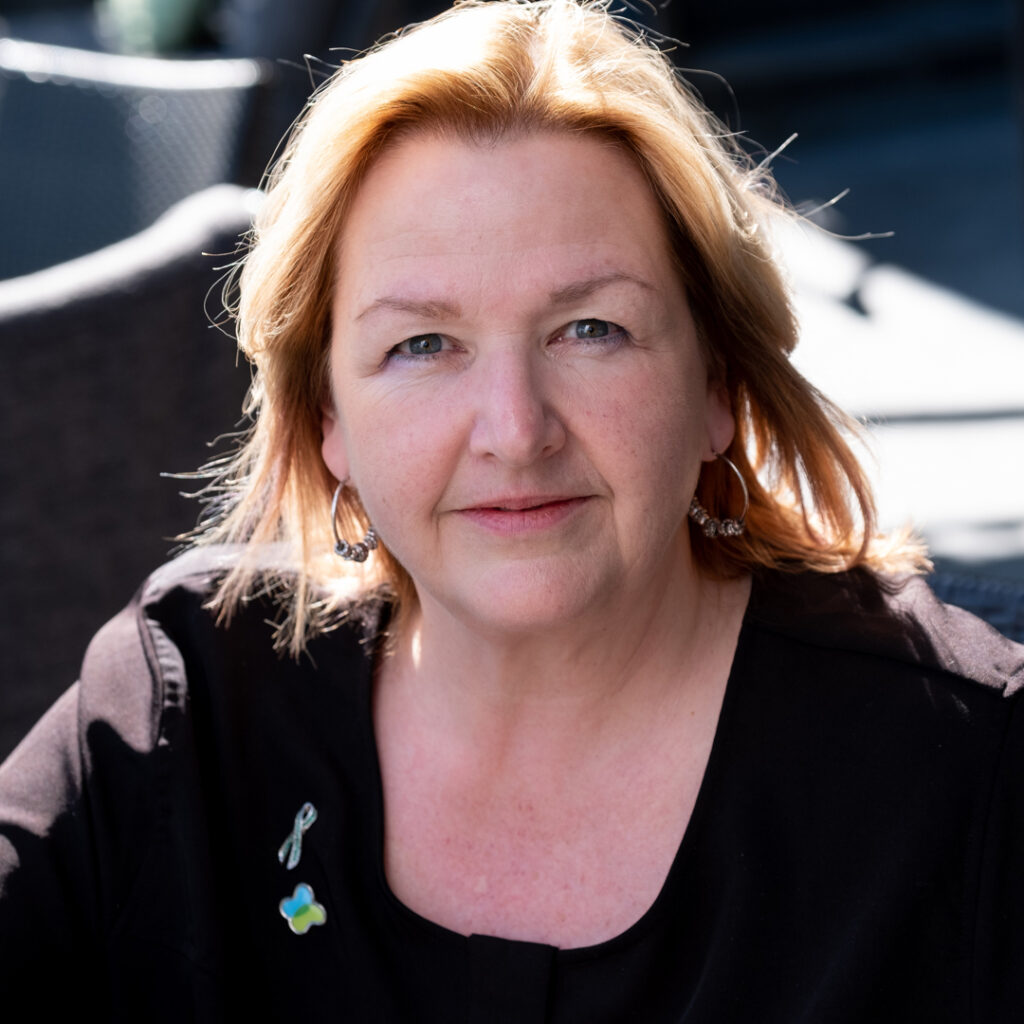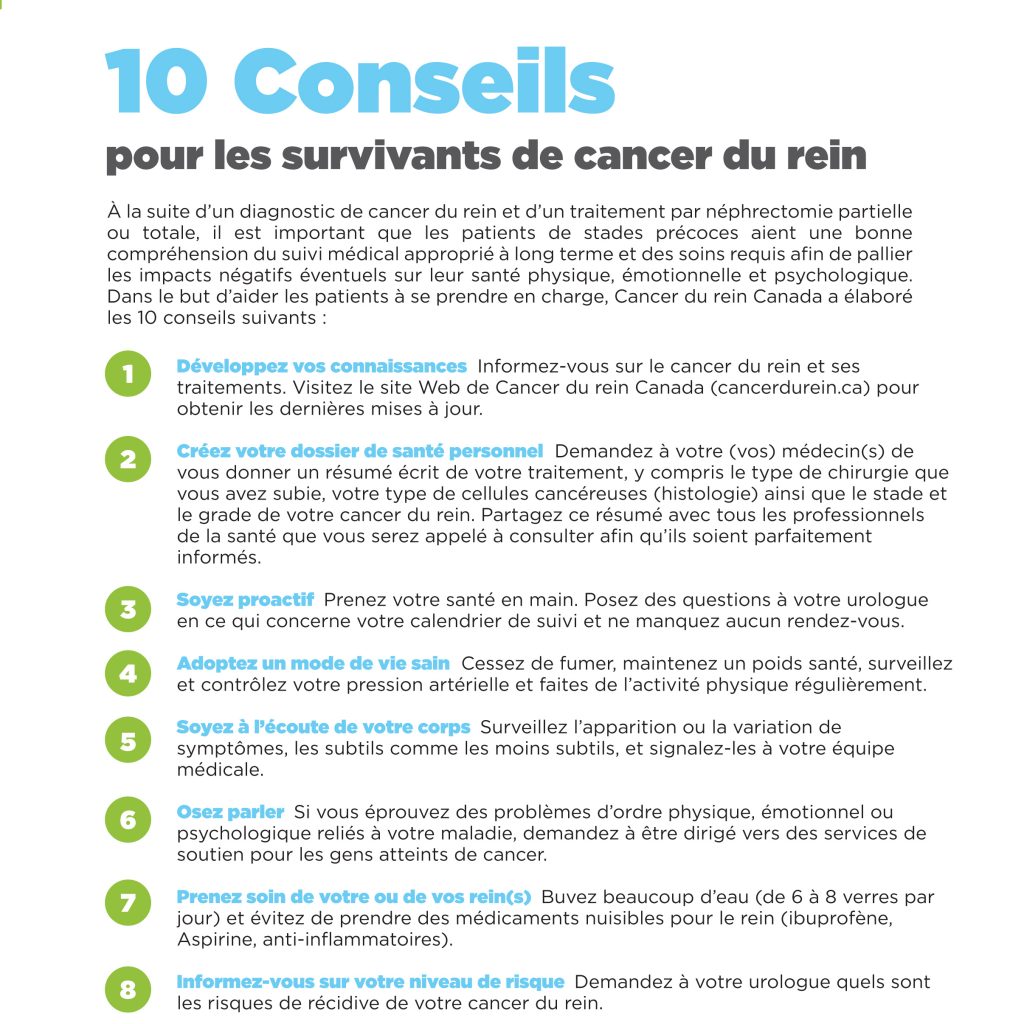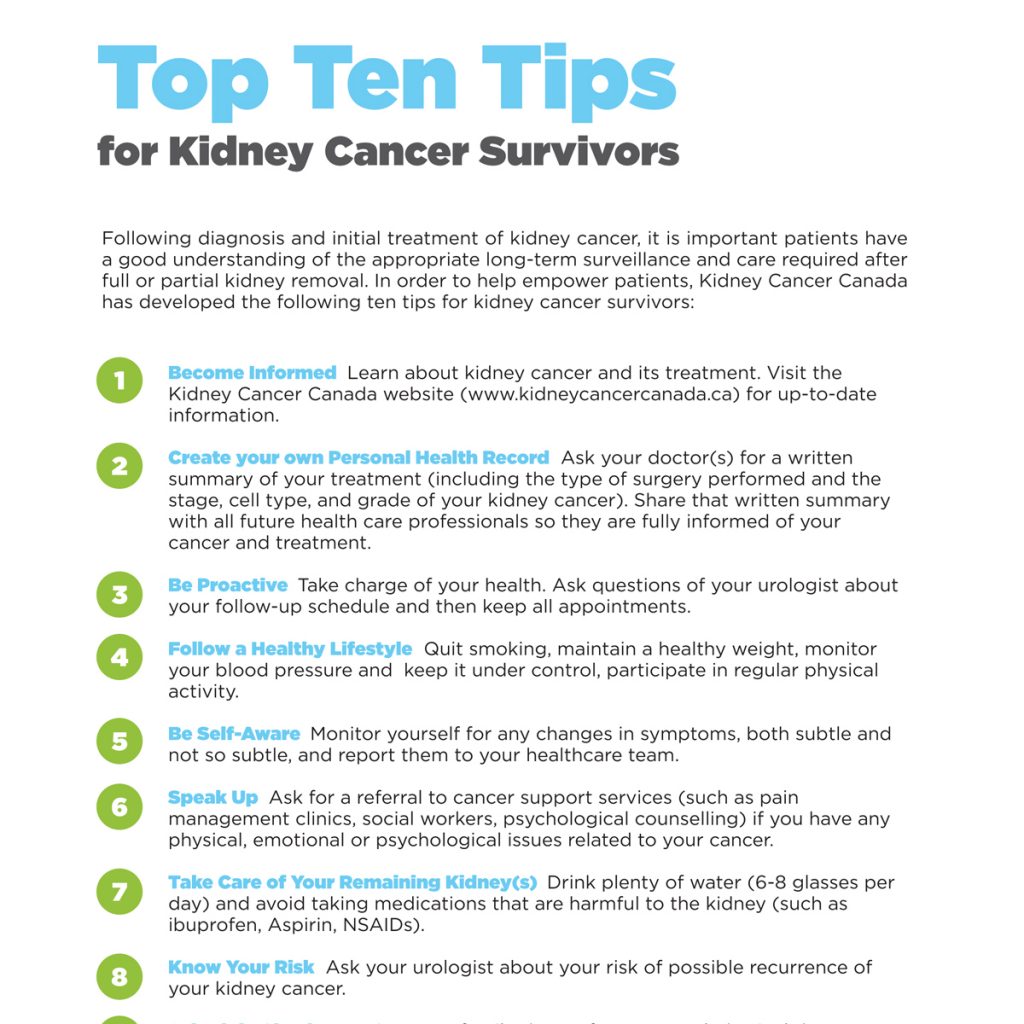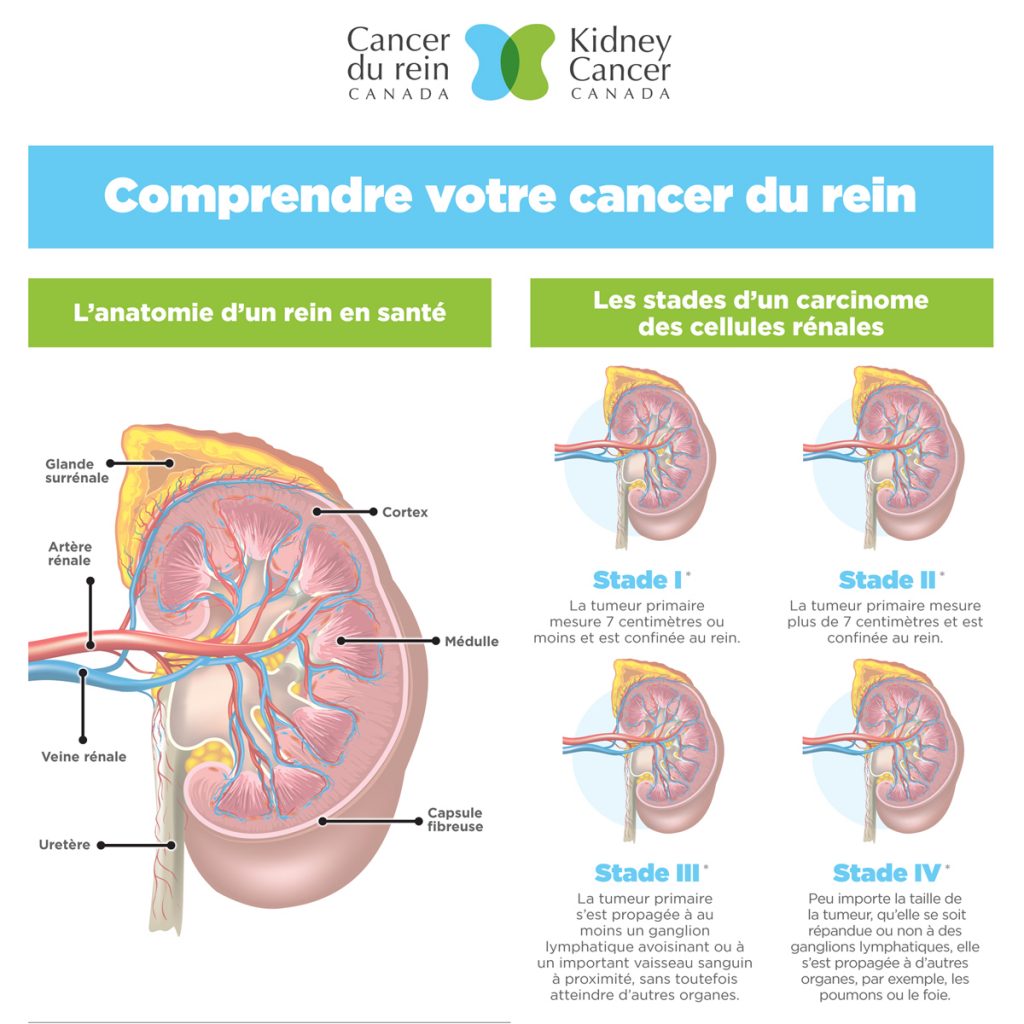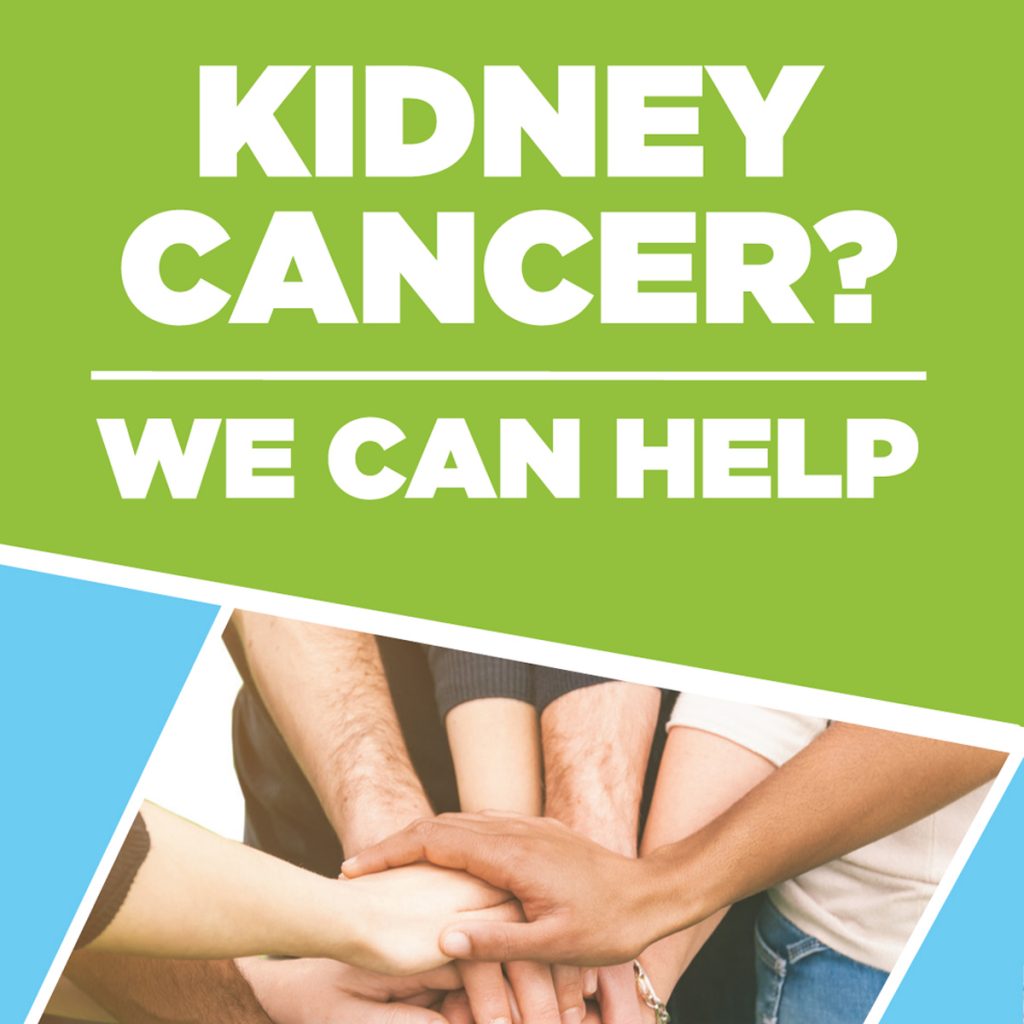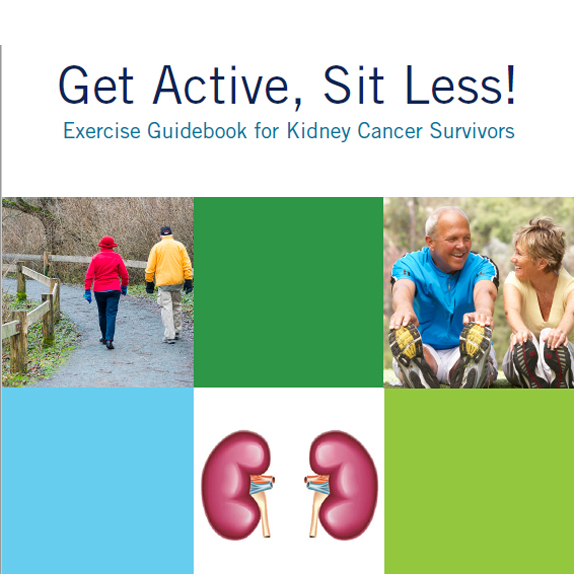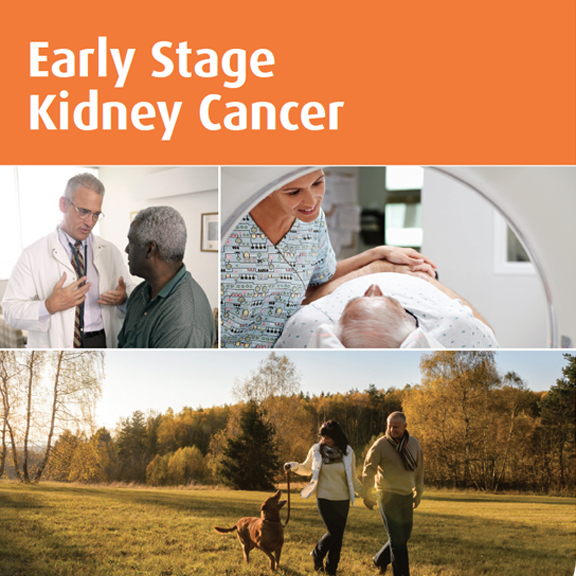Sunitinib rechallenge benefited select metastatic renal cell carcinomas
– by Jason Harris – HemOnc Today: Clinical News in Oncology and Hematology
Sunitinib rechallenge has potential as a treatment option in select patients with favorable- or intermediate-risk metastatic renal cell carcinoma, according to the results of a trial presented at the 2010 Genitourinary Cancers Symposium. A duration of at least six months between sunitinib treatments resulted in better response and longer PFS when this method was used.
Researchers identified 23 patients who had been rechallenged with sunitinib (Sutent, Pfizer). Eighty-seven percent of patients had favorable- or intermediate-risk per Memorial Sloan-Kettering Cancer Center criteria, and 73% had a favorable- or intermediate-risk by Cleveland Clinic Foundation tyrosine kinase inhibitor criteria. Initial sunitinib treatment produced a partial response rate of 65% and a median PFS of 13.7 months.
Rechallenge began a median of 6.7 months after progression on initial sunitinib treatment. During the intervening period, 52% of patients were treated with sorafenib (Nexavar, Bayer) or sorafenib plus bevacizumab (Avastin, Genentech), 39% with a mammalian target of rapamycin inhibitor, and 26% with VEGF pathway and mammalian target of rapamycin inhibitors.
Brian I. Rini, MD, who presented the results, said there was no significant difference in outcome based on number or type of intervening treatments.
Upon sunitinib rechallenge, 22% of patients had a partial response with a median PFS of 7.2 months. Patients who began rechallenge more than six months after initial treatment had a median PFS of 16.5 months compared with 6 months for patients who were rechallenged within six months.
“These data put into context other data in a refractory setting and suggest that disease progression on sunitinib is not associated with absolute resistance to the therapy,” said Rini, associate director for clinical research at the Cleveland Clinic Taussig Cancer Institute.
Patients did not experience substantial new toxicity or significantly increased severity of prior toxicity during rechallenge.




